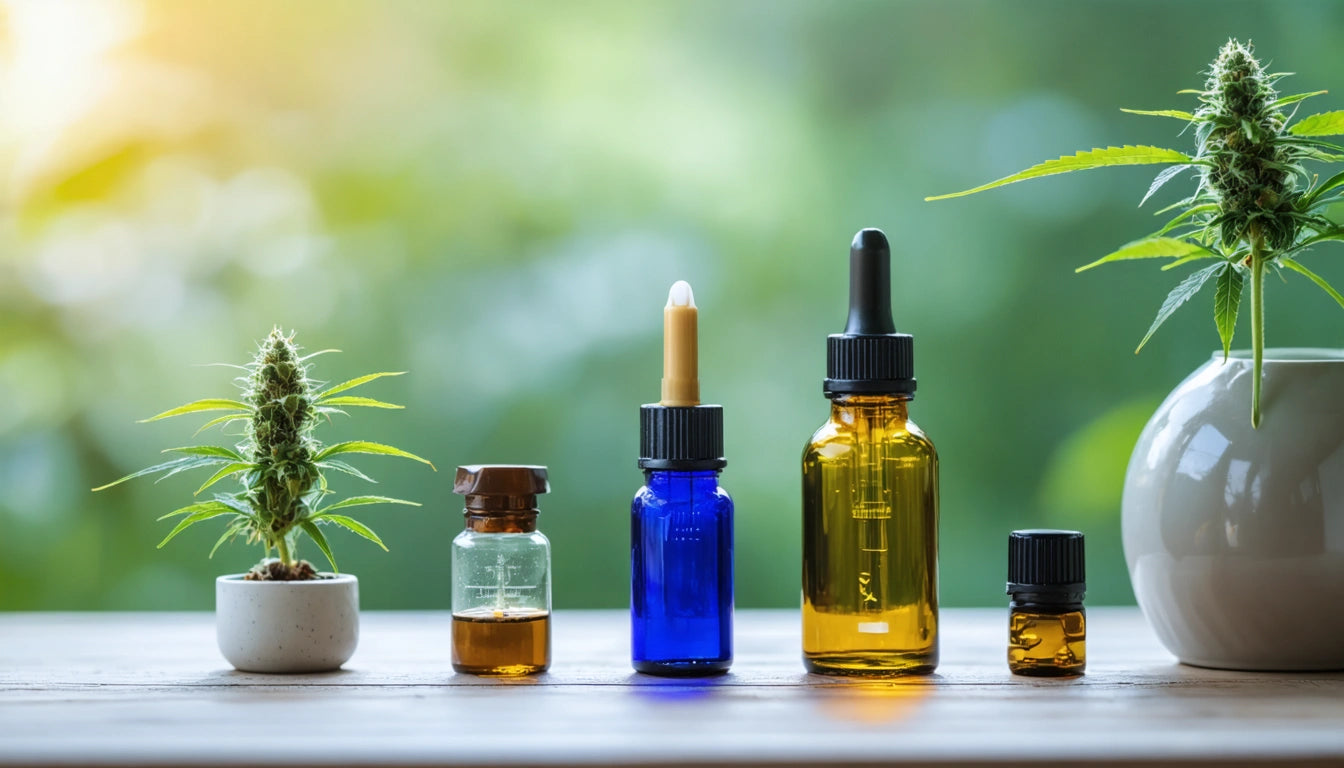Table of Contents
The Future of Marijuana Legalization in Texas: What to Expect
As neighboring states embrace cannabis reform, many Texans wonder: will Texas legalize weed anytime soon? The Lone Star State has historically maintained strict cannabis laws, but changing attitudes, economic considerations, and expanding medical programs suggest the landscape may be shifting. This comprehensive guide examines where Texas stands on marijuana legalization and what the future might hold.
Current Marijuana Laws in Texas
Texas maintains some of the strictest marijuana laws in the nation. Possession of even small amounts can result in significant penalties. According to Texas marijuana possession laws, carrying less than two ounces is a Class B misdemeanor, punishable by up to 180 days in jail and a $2,000 fine.
While recreational cannabis remains firmly illegal, Texas has made modest reforms in recent years:
- Hemp containing less than 0.3% THC was legalized following the 2018 Farm Bill
- Some cities like Austin and Dallas have implemented cite-and-release policies
- The Compassionate Use Program allows limited medical cannabis access
Despite these small steps, Texas remains far behind states with legal recreational markets. For those wondering "can you smoke weed in Texas" legally, the answer remains a clear no for recreational purposes.
Texas Medical Marijuana Program: Limited But Expanding
The Compassionate Use Program (CUP) represents Texas's cautious approach to medical marijuana. Initially limited to intractable epilepsy patients, the program has gradually expanded to include conditions like multiple sclerosis, Parkinson's disease, ALS, terminal cancer, and PTSD.
However, significant limitations remain:
- Products are capped at 1% THC content
- Smoking cannabis remains prohibited even for medical patients
- The qualifying conditions list remains restrictive compared to other states
- Only a limited number of dispensaries are licensed to operate
These restrictions highlight Texas's conservative approach to cannabis reform, though each legislative session has brought incremental expansions to the program.
Key Factors Influencing Legalization in Texas
Several factors will determine whether and when Texas might legalize recreational marijuana:
Political Landscape
Texas's conservative-leaning legislature has historically opposed broad marijuana reform. However, bipartisan support for certain cannabis policies is growing. Some Republican lawmakers have begun supporting decriminalization measures, though full legalization faces steeper hurdles.
Border State Influence
As neighboring states like New Mexico and increasingly more states across the US establish legal markets, Texas faces pressure from cross-border competition. According to current trends in state legalization, Texas is becoming increasingly surrounded by states with more progressive cannabis laws.
Hemp Industry Development
The success of Texas's hemp industry may influence attitudes toward broader cannabis reform. As farmers and businesses gain experience with hemp, the infrastructure and expertise developed could potentially transfer to a regulated marijuana market.
Shifting Public Opinion and Demographics
Public support for marijuana legalization in Texas continues to grow. Recent polls show approximately 60-67% of Texans support legalizing recreational marijuana, with even higher percentages supporting medical expansion and decriminalization.
Demographic shifts are also significant. Younger voters overwhelmingly support legalization, and as this demographic gains political influence, pressure for reform increases. Urban centers like Austin, Dallas, and Houston have shown stronger support for cannabis reform than rural areas.
For those asking "will weed ever be legal in Texas," these shifting attitudes suggest eventual change, though the timeline remains uncertain.
Potential Economic Impact of Legalization
Economic considerations may ultimately prove persuasive in the legalization debate. Texas could potentially generate:
- Hundreds of millions in annual tax revenue
- Thousands of new jobs across cultivation, processing, and retail
- Reduced law enforcement and incarceration costs
- New opportunities for agricultural diversification
States with legal markets have demonstrated significant economic benefits. For Texas, with its large population and established agricultural sector, the potential economic impact could be substantial.
The question of "why is weed illegal in Texas" increasingly faces economic counterarguments as neighboring states reap financial benefits from regulated markets.
Realistic Timeline for Texas Marijuana Legalization
While predicting exact timelines is challenging, several potential paths to legalization in Texas exist:
Short-Term (1-2 Years)
In the immediate future, further expansion of the medical program and potential decriminalization measures are most likely. Full recreational legalization remains unlikely in this timeframe.
Medium-Term (3-5 Years)
This period may see significant medical program expansion and possible decriminalization statewide. Early recreational legalization discussions might gain traction depending on political shifts and economic pressures.
Long-Term (5+ Years)
Most analysts believe recreational legalization in Texas will eventually occur, with a 5-10 year timeframe frequently cited. This would likely follow continued medical expansion and decriminalization steps.
For those wondering "will Texas ever legalize weed," the answer appears to be yes, but patience will be required. The state's size, political complexity, and conservative traditions suggest reform will come gradually rather than suddenly.
Understanding when Texas might legalize marijuana requires monitoring legislative developments, election outcomes, and shifting public opinion. While the path may be longer than in other states, the direction appears to be toward eventual reform.











Leave a comment
All comments are moderated before being published.
This site is protected by hCaptcha and the hCaptcha Privacy Policy and Terms of Service apply.